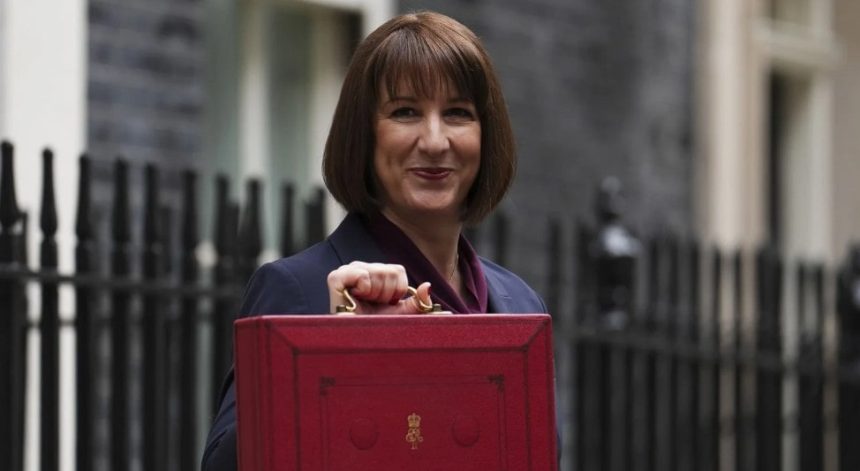Rachel Reeves is reportedly mulling over a bold new plan to tax landlords’ rental income with National Insurance contributions, in an effort to address a massive £40 billion shortfall in public finances.
In what could be a major shift in fiscal policy, the Chancellor is said to be exploring a move that would see rental income classified as liable for National Insurance, a change that would rake in an estimated £2 billion for the Treasury.
This approach would allow Reeves to stick to her pre-election “red lines”, not raising VAT, income tax, or National Insurance rates while still expanding the base on which NI is applied.
At present, landlords, savers, and pensioners don’t pay NI contributions on most of their earnings from properties, savings or pensions. That exemption could soon change.
Sources close to the Treasury told The Times that imposing an 8% National Insurance levy on net rental income could unlock “a significant potential extra source of funds,” particularly as the Chancellor faces mounting financial pressures and rising borrowing costs.
If such a levy had been introduced in 2022-23, it would have generated more than £2.1 billion, according to calculations by the newspaper.
While ministers have refused to confirm whether such plans are on the table, Education Minister Robin Walker told Times Radio: “Obviously taxation policies are a matter for the chancellor of the Exchequer, and she will set out more detail in the budget later this year.
I want to make sure that our budget is based on our Labour values, and that is what Rachel Reeves will deliver.”
The plan is being pitched as a way to make the tax system fairer, specifically targeting what is described as “unearned income,” without technically increasing tax rates.
Tension Builds Between Landlords and Reform Advocates
Opponents argue that any such tax could lead to landlords exiting the market, tightening the supply of rental properties and pushing up rents for tenants already struggling with affordability.
However, some supporters of the proposal claim it could help unlock the housing market for renters aspiring to become homeowners. If landlords sell up, more stock may become available, potentially easing the path to ownership for many.
With rental costs soaring across the UK, any shake-up to landlord taxation could have ripple effects far beyond Treasury coffers, altering rental supply, homeownership opportunities, and even tenant protections under the proposed Renters’ Rights Bill.
Adam Corlett, Principal Economist at the Resolution Foundation, the think tank which initially proposed the policy, believes it’s a step in the right direction:
“With tax rises clearly coming this autumn, the chancellor should use this as an opportunity to make the tax system fairer and more efficient. One way to achieve this is to ensure different forms of income are taxed at the same rate… After all, there’s no good reason why landlords should face lower tax rates than their tenants.”
While not confirming or denying the reported plans, a Treasury spokesperson stated: “As set out in the Plan for Change, the best way to strengthen public finances is by growing the economy, which is our focus.
Changes to tax and spend policy are not the only ways of doing this, as seen with our planning reforms, which are expected to grow the economy by £6.8 billion and cut borrowing by £3.4 billion.
We are committed to keeping taxes for working people as low as possible, which is why at last autumn’s budget, we protected working people’s payslips and kept our promise not to raise the basic, higher or additional rates of income tax, employee national insurance, or VAT.”
Reeves’ budget, expected this autumn, could reshape the UK property market and not just for landlords. As the government walks a tightrope between fiscal responsibility and political promises, the pressure is mounting.
Landlords may need to prepare for a new tax reality. Tenants could see changes for better or worse depending on how the market reacts. And all eyes will be on Reeves as she prepares to unveil one of the most closely-watched budgets in years.






